
Annexation and History
Shmuel Rosner offers much food for thought regarding Israel’s annexation of Judea and Samaria (“Annexation Complications,” May 15).
There are two opposing issues: moral and practical. It boils down to whether Jews have a moral right to live in the West Bank and would the Palestinians be treated by Israel’s moral standards.
Historically and based on the Balfour Declaration and similar mandates from recognized international authoritative organizations, Jews have every right to live there.
On the other hand, until recent years, there was no semblance of a Palestinian nation, nor did the Arabs or Muslims claim that land.
Would Israeli annexation force the Palestinians living there to suffer South African-type apartheid? One need only observe how Palestinians currently serve in the Israeli parliament, attend its universities, work in its industries and receive treatment in its hospitals.
Then there is the practical matter as to whether “Israel might turn into a binational state and lose its Jewish majority.” That is an issue to be considered in the future as we see how things develop over time.
Second, I agree with Larry Greenfield — that Biden would not be good for Israel (“Would a President Biden Be Good for Israel?” May 15).
Biden has opposed Israel’s annexation of the West Bank. Historically, there is no doubt that the land under consideration was part of its home going back to the days of Moses when the Hebrews escaped from slavery in Egypt, and that it was set aside to be part of the national Jewish home, starting with the Balfour Declaration in 1917 and re-confirmed by several recognized international authoritative organizations.
On the other hand, Halie Soifer, who favors Biden, focuses primarily on President Donald Trump’s inadequacies and that “we cannot afford another four years” of Trump in the White House.
Yes, the proposed annexation would be a deterrent to a two-state solution to the Israeli-Palestinian conflict. But there are other more important factors — such as planting the seeds of hate in the minds of the Palestinians and other Arabs/Muslims. I question whether a two-state solution is realistic at this point.
That Biden aligns with the Jewish community on many policy priorities has nothing to do with the question: Would a President Biden be good for Israel? No.
George Epstein, Los Angeles
Columnist’s Buddy
Mark Schiff’s column about his close relationship with a Palestinian is so appropriate in our nation’s current situation (“A Palestinian Muslim Calls Me His Brother,” May 29). A person doesn’t have to be black to be outraged by what happened in Minneapolis and a person doesn’t have to be white to be outraged at the looting across the country. We are all in this together, whites and blacks, Jews and Muslims and all political foes. We may disagree and may want to protest but there’s a respectful way to do so.
Richard Katz, Los Angeles
Poor Choice for Award
I was saddened to learn that San Francisco State University (SFSU) professor Rabab Ibrahim Abdulhadi was given an academic leadership award (“SFSU Professor Who Called Zionists White Supremacists Selected for Academic Award,” May 22).
To put this into perspective, imagine that a public university with a history of discrimination against a racial minority group issues an apology. A racist professor then condemns the apology on official university media. Should that professor be honored?
That’s basically what happened here. SFSU has a long, shameful history of condoning anti-Jewish and anti-Israel extremism by pro-Palestinian groups. In 2017, SFSU President Leslie Wong even suggested that Zionists, notwithstanding the First Amendment, weren’t welcome on his public university campus. A year later, he apologized, saying: “Let me be clear: Zionists are welcome on our campus.”
Abdulhadi, an ethnic studies professor who has praised Palestinian terrorists Rasmea Odeh and Leila Khaled, condemned Wong’s apology, calling it a “declaration of war.” Her post appeared on the official SFSU Facebook page for a program Abdulhadi directs. Subsequently, graffiti saying, “Zionists not welcome” covered the campus.
Abdulhadi abused her academic position to promote hate. That’s the very antithesis of academic excellence.
Stephen A. Silver, San Francisco
ZOA and HIAS
A recent Journal online story reported on a letter that maligned me and my organization (Zionist Organization of America) for opposing the election of HIAS chair Dianne Lob to become chair of the COP (Conference of Presidents of Major Jewish Organizations).
The letter misleadingly identified its signers as caring “young Jews.” In fact, these “young Jews” were predominantly J Street U officials or members. Top J Street U signers also recently tweeted in honor of “Nakba Day” (meaning Israel’s rebirth was a catastrophe); supported teaching a notorious, virulently anti-Israel “Colonizing Palestine” course at Tufts; and boasted about helping to organize J Street’s campaign to insert anti-Israel planks into the Democratic Party platform.
J Street’s letter wrongly claims that it is “odious” to oppose resettling “heavily vetted” Muslims.
In fact, numerous bipartisan experts, including top Obama officials (including former FBI Director James Comey and former director of National Intelligence James Clapper) confirmed the weakness of U.S. vetting, and the unavailability of needed information.
ZOA does not oppose anyone “because” they are Muslim. ZOA opposes the entry of and HIAS’ resettlement of certain people because they come from nations where ADL polls show that 74% to 93% of the population is anti-Semitic, and where studies confirm that schools teach hatred of Jews and Israel, and glorify “martyrdom” from early childhood onward. HIAS may well be endangering American Jews and support for Israel by resettling anti-Semitic refugees who also likely will oppose strong U.S.-Israel relations and will vote for and lobby for those promoting these ugly beliefs.
Morton A. Klein,
National President
Zionist Organization of America (ZOA)
Intergenerational Magic
Emma Steuer, thank you for honestly describing the Pressman Academy students’ mixed emotions about their visit to the Iranian Senior Jewish Center (“Bringing Joy,” May 29). It is truly a beautiful, rewarding journey of give and take that you have begun.
As a creator of many intergenerational and intercultural programs for almost 30 years, these visits are a great opportunity for students and seniors to learn about commonalities between generations and cultures. The collaborative aspect of this explorative journey is essential, and art, music and oral histories are wonderful vehicles.
When I lived in Mount Washington, a hillside community near downtown L.A., a group of Jewish, African American, Japanese, Italian American and Irish women and I gathered with a multi-ethnic sixth-grade class at the Mount Washington School.
Through the five senses and probing questions, we met one another as equals, unified across experience and generations. Through music from our varied ethnic backgrounds, we created movements that expressed our emotions, dancing together undaunted by physical limitations. We shared ethnic food, smelled flowers and spices, and listened to one another’s voices. We created collages and exhibited our stories in art galleries and on community center walls.
Yes, there is a miracle in survival, but the greater miracle lies in how much wisdom we gain from living, each of our stories unique and precious. Also, our sages teach that, in the times of the Messiah, the children will teach their elders. What can we learn, and what can we teach? The journey itself will tell.
Mina Friedler, Venice
Several weeks ago, members of the various boards of the Los Angeles Jewish Home were asked to volunteer by calling the residents to say hello and let them know that we are thinking about them this difficult time.
Because the of the isolation and complete shutdown of outside visitors to the campuses because of the COVID-19 pandemic, physical contact was completely cut off. I was given the names of 30 residents to contact by phone. To my great surprise and astonishment, all 30 residents that I spoke with clearly understood the necessity of the lockdown and expressed deep appreciation for the extraordinary measures the facility took to make them safe and remain healthy. All spoke glowingly about the extra efforts of the administration, doctors, nurses and staff to make them comfortable and knowledgeable about social distancing and masks. One woman expressed her disappointment in not being able to play cards with her friends, and a 92-year-old man from Ukraine, said to me, “This isn’t a retirement home … this place is paradise!”
All of us in the Los Angeles Jewish community should take great pride and satisfaction that our most vulnerable elderly members are so happy, so well taken care of and so safe during this unprecedented health crisis.
Sheldon Steier, via email
Watch New Life Emerge
We are the children of the “Parparim” (butterfly) class at the Early Childhood Center of Pressman Academy of Temple Beth Am. Our parents read Rabbi Bradley Shavit Artson’s story (“Sheltering in Our Cocoons, Preparing to Soar,” May 29) and we all could relate to the metaphor of being in a cocoon because we recently did an amazing project. We ordered caterpillars online (insectlore.com) and watched them develop into butterflies in a mesh habitat that we kept in our homes.
We would like to recommend this as a wonderful activity for people of any age to witness this incredible, magical transformation. It is a particularly appropriate activity for this period of quarantine, when you might be lucky enough to be present to see the butterfly emerge from the cocoon like we did! We hope that, as Artson described in his story and as we saw with our butterflies, our society will indeed do the work necessary to emerge from this challenging time changed, stronger and more beautiful than ever.
Pressman Academy’s “Parparim”, Temple Beth Am, Los Angeles










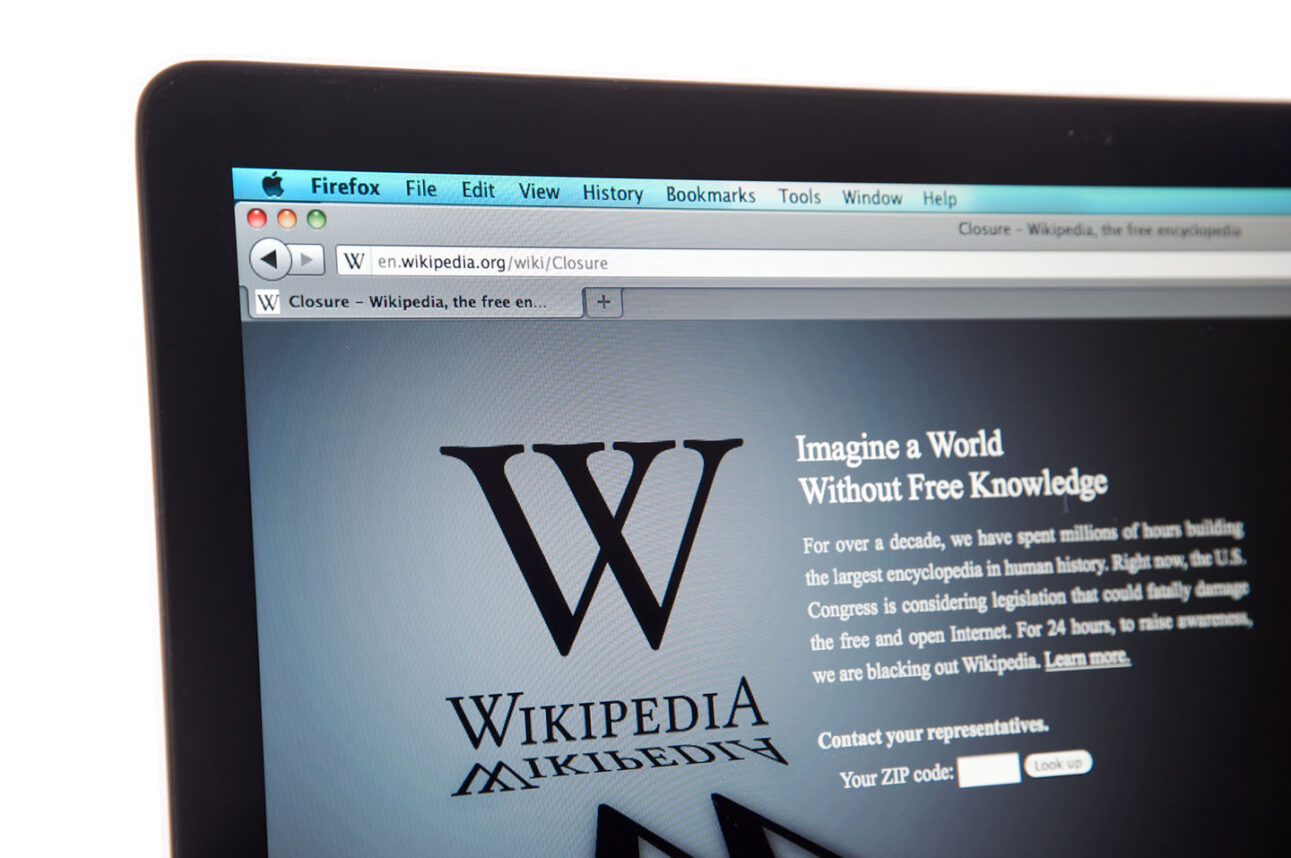

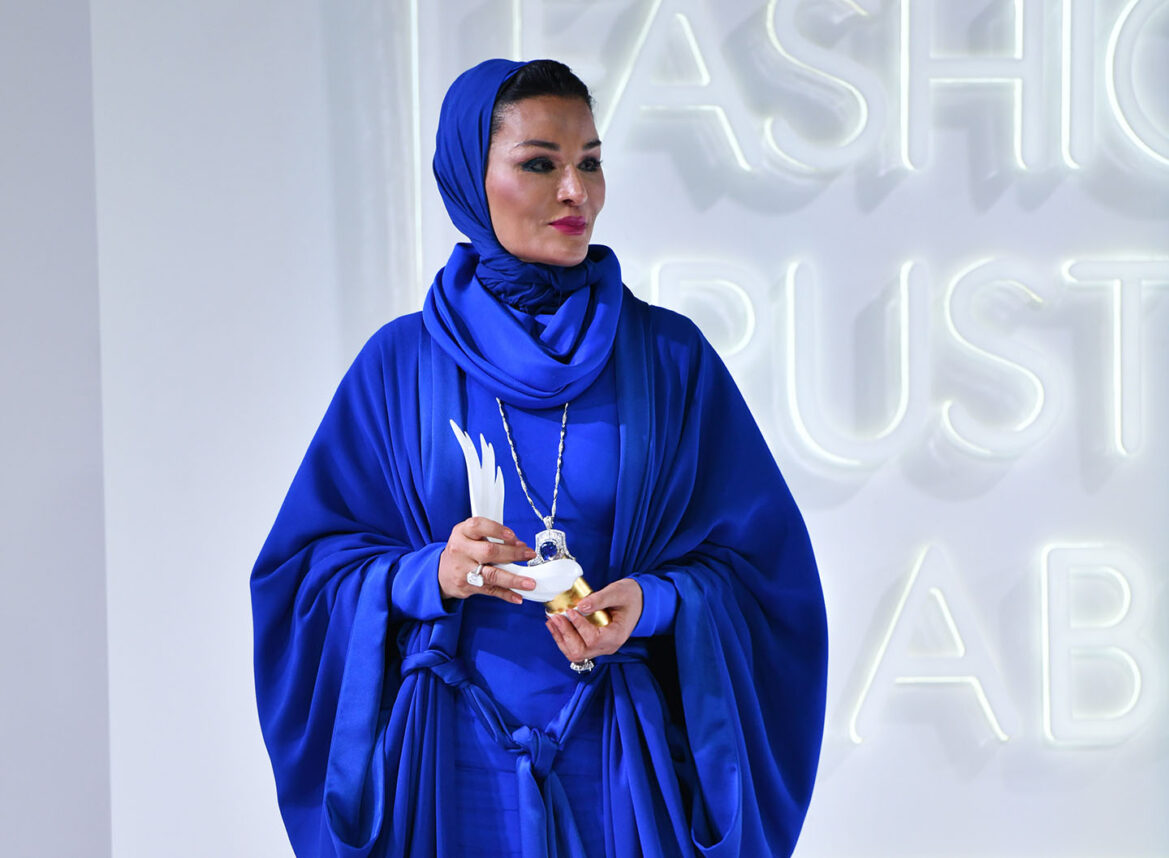

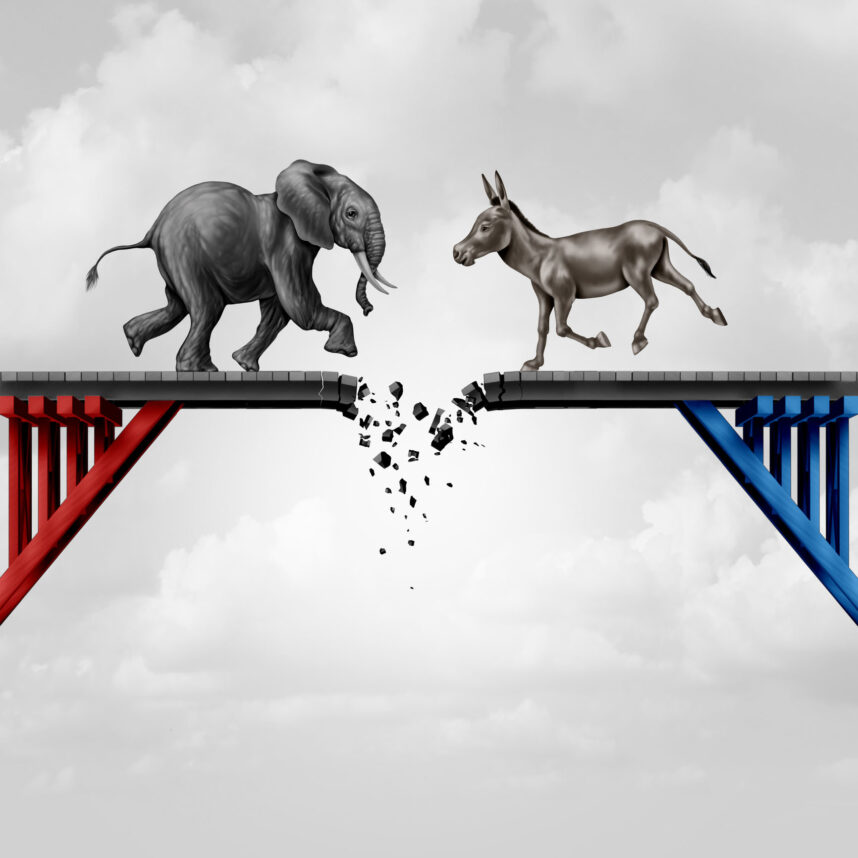






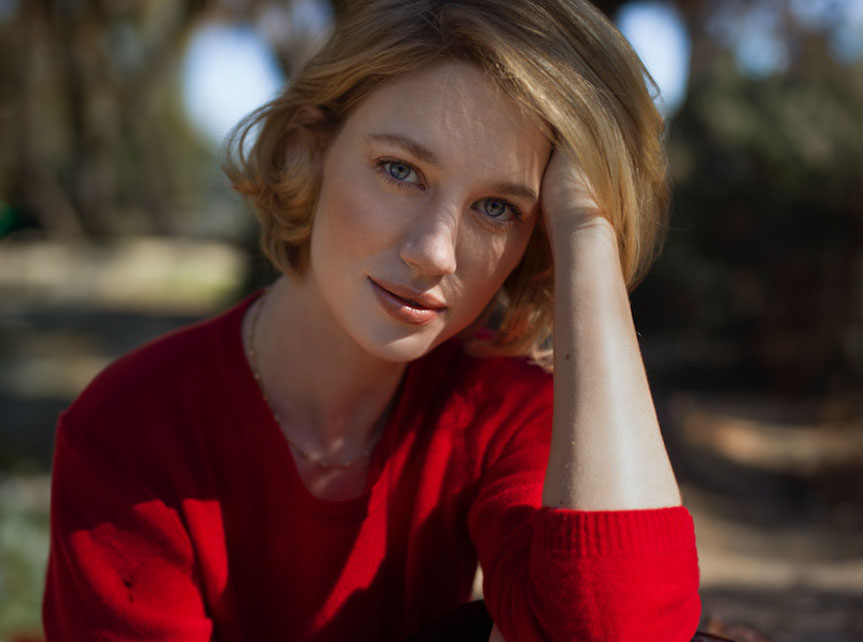
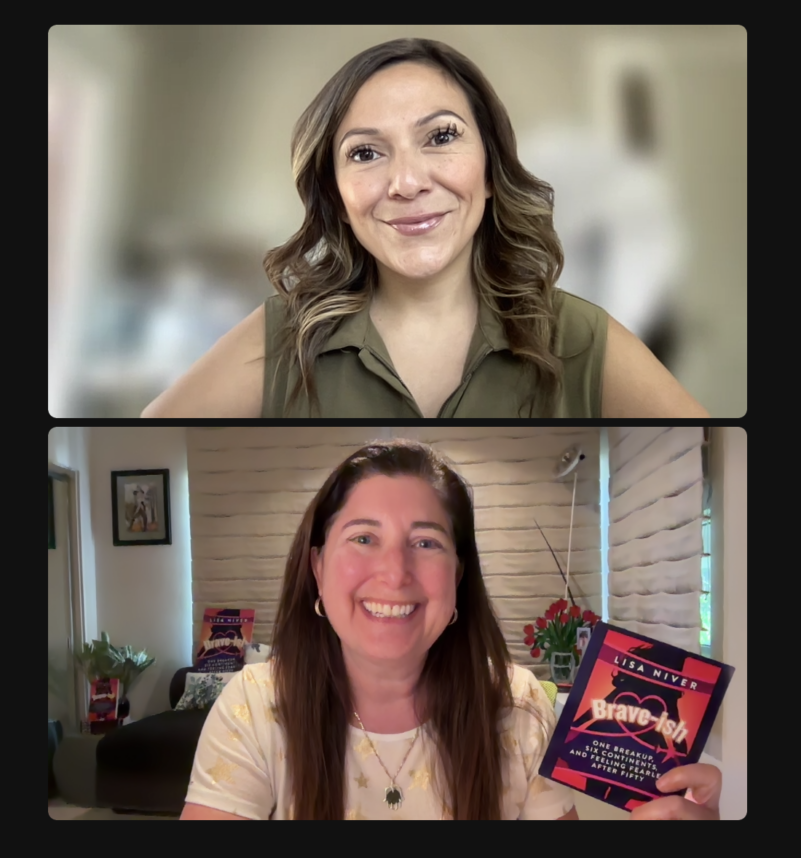
 More news and opinions than at a Shabbat dinner, right in your inbox.
More news and opinions than at a Shabbat dinner, right in your inbox.